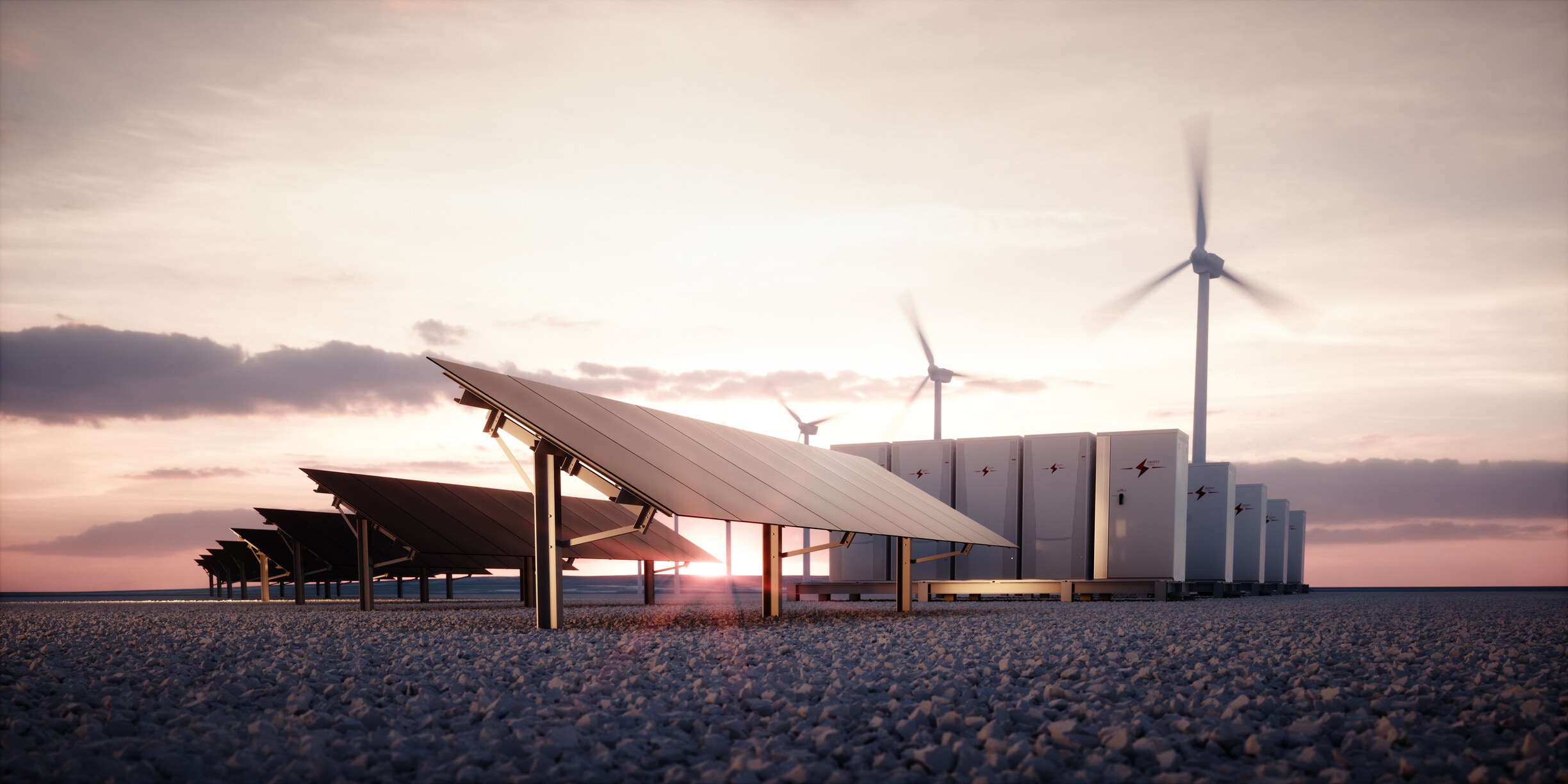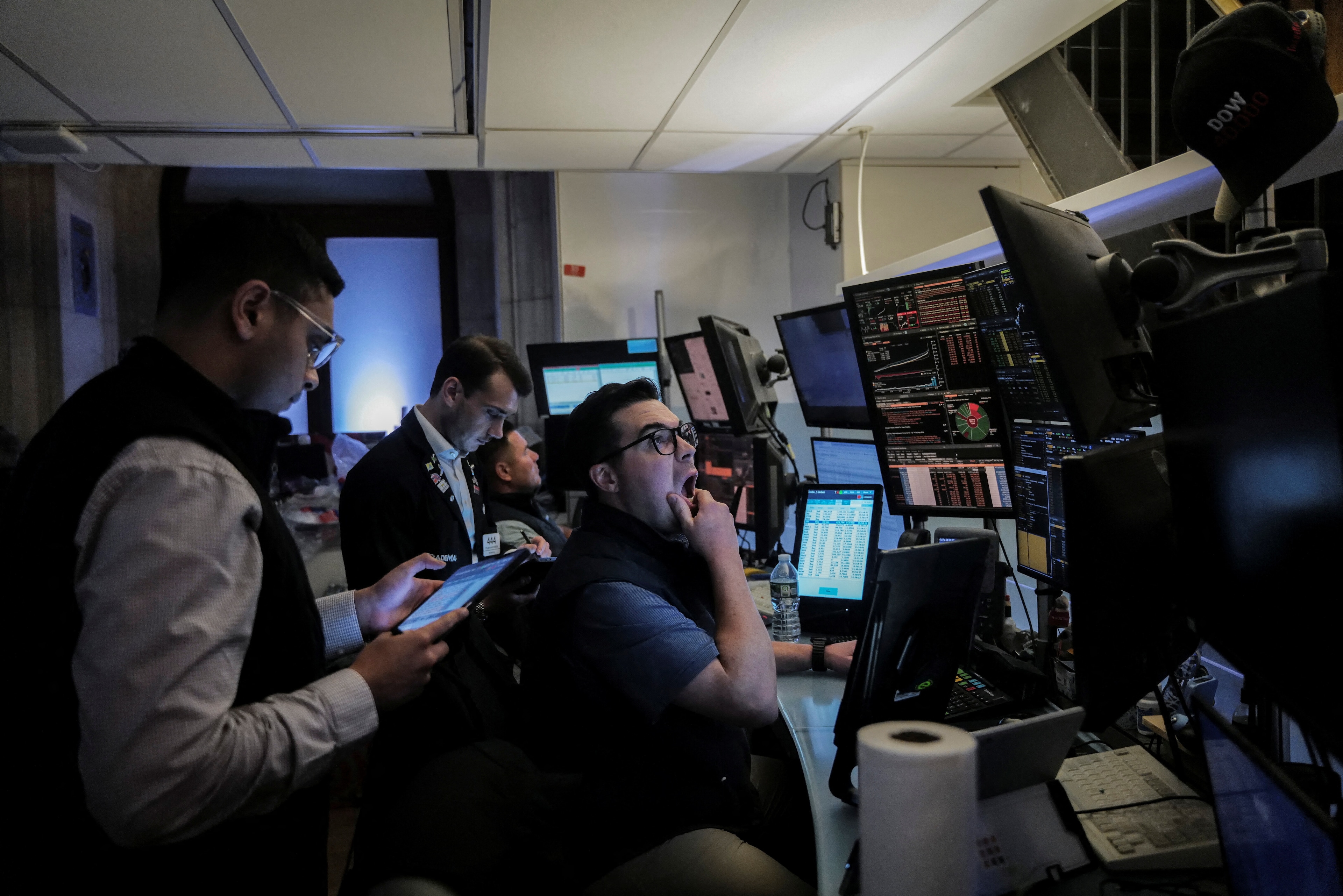Where adults lack access to a bank account

India and China have the highest number of unbanked individuals.
Image: REUTERS/Yannis Behrakis
Stay up to date:
Economic Progress
Thanks to smartphones and mobile banking, more people have access to a bank account today than ever before.
However, nearly 1-in-5 adults globally still don't have a bank account.
The countries with the most unbanked people are the world’s most populous nations and two of the fastest-growing economies: China and India.
Between them they make up 415 million of the 1.7 billion adults without a bank account.
The UN identifies lack of access to a bank account as a key barrier to economic development, and places financial inclusion among its Sustainable Development Goals.
Without a bank account, billions of people have no access to lines of credit and rely on informal means of money management, such as borrowing from friends or pawnbroking.
However, the digital economy is helping to change the situation for millions.
According to the World Bank, 1.2 billion adults have gained access to a bank account since 2011, with 500 million of these getting their first account within the last three years.
It credits the rise of digital banking, and smartphones in particular, for this acceleration in financial inclusion.
The mobile money industry processes $1 billion a day through 276 mobile money deployments in 90 countries, according to GSMA, a global association of mobile network operators.
Don't miss any update on this topic
Create a free account and access your personalized content collection with our latest publications and analyses.
License and Republishing
World Economic Forum articles may be republished in accordance with the Creative Commons Attribution-NonCommercial-NoDerivatives 4.0 International Public License, and in accordance with our Terms of Use.
The views expressed in this article are those of the author alone and not the World Economic Forum.
Forum Stories newsletter
Bringing you weekly curated insights and analysis on the global issues that matter.
More on Economic GrowthSee all
Chavalit Frederick Tsao
August 19, 2025
Laurel Taylor
August 18, 2025
Yufang Jia and William Jernigan
August 18, 2025
Antara Choudhury and Vivin Rajasekharan Nair
August 14, 2025
Atul Kumar
August 12, 2025







